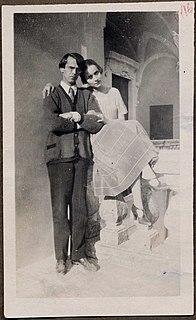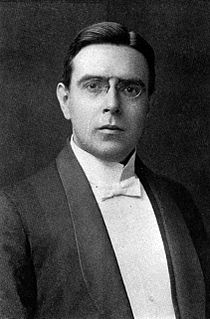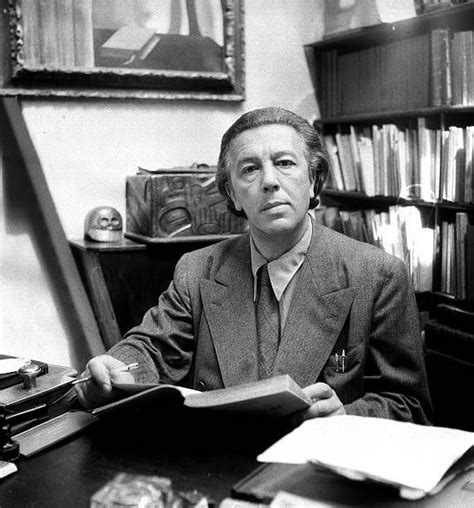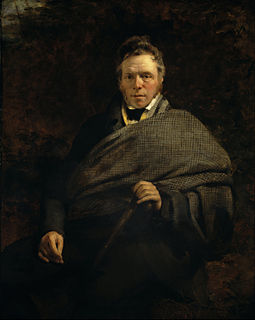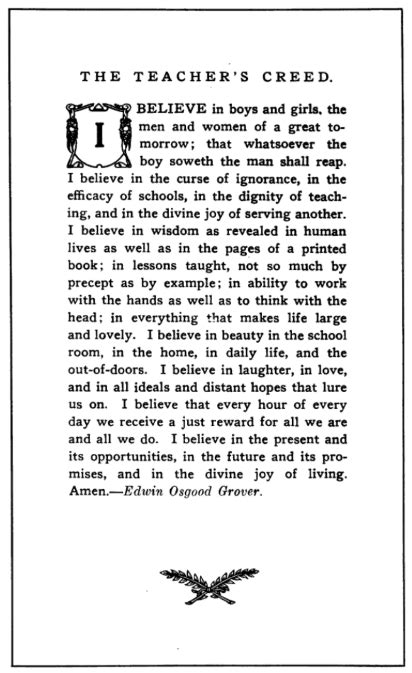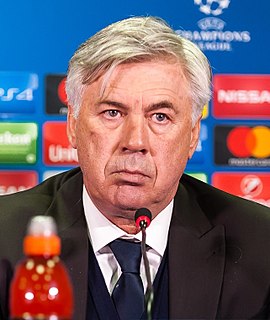A Quote by Ben Jonson
For whose sake, henceforth, all his vows be such, As what he loves may never like too much.
Related Quotes
Some reformers may urge that in the ages distant future, patriotism, like the habit of monogamous marriage, will become a needless and obsolete virtue; but just at present the man who loves other countries as much as he does his own is quite as noxious a member of society as the man who loves other women as much as he loves his wife. Love of country is an elemental virtue, like love of home.
The problem of reconciling human suffering with the existence of a God who loves, is only insoluble so long as we attach a trivial meaning to the word "love", and look on things as if man were the centre of them. Man is not the centre. God does not exist for the sake of man. Man does not exist for his own sake. "Thou hast created all things, and for thy pleasure they are and were created." We were made not primarily that we may love God (though we were made for that too) but that God may love us, that we may become objects in which the divine love may rest "well pleased".
I believe that our own experience instructs us that the secret of Education lies in respecting the pupil. It is not for you to choose what he shall know, what he shall do. It is chosen and foreordained, and he only holds the key to his own secret. By your tampering and thwarting and too much governing he may be hindered from his end and kept out of his own. Respect the child. Wait and see the new product of Nature. Nature loves analogies, but not repetitions. Respect the child. Be not too much his parent. Trespass not on his solitude.
It is a truism that as long as man loves but himself and his art he can never attain to the full measure of manhood or reach the sublimest heights of his art. He must seek to love men as brothers and art, not for the sake of art itself, but art as a means toward bringing all men up to that verdant plateau where their souls may be fed in very rejoicing in all that is true, beautiful, and abiding.
Feuerbach ... recognizes ... "even love, in itself the truest, most inward sentiment, becomes an obscure, illusory one through religiousness, since religious love loves man only for God's sake, therefore loves man only apparently, but in truth God only." Is this different with moral love? Does it love the man, this man for this man's sake, or for morality's sake, for Man's sake, and so-for homo homini Deus-for God's sake?
Cookery is a wholly unselfish art: as 'art for art's sake' it is unthinkable. A man may sing in his bath every morning without the least encouragement, but no cook can cook just for his or her own sake in a like manner. All good cooks, like all great artists, must have an audience worth cooking for.
Santa Claus is anyone who loves another and seeks to make them happy; who gives himself by thought or word or deed in every gift that he bestows; who shares his joys with those who are sad; whose hand is never closed against the needy; whose arm is ever outstretched to aid the week; whose sympathy is quick and genuine in time of trouble; who recognizes a comrade and brother in every man he meets upon life's common road; who lives his life throughout the entire year in the Christmas spirit.
The talker has found a hearer but not a listener; and though he may talk his very best for his own sake, you will find that his mental movements are erratic: they have no fixed centre and no definite object. His talk is like the water of a canal whose banks have given way, which rolls aimlessly hither and thither, without fulfilling any useful function, though it is the same water which was so helpful and serviceable, when it was confined within clearly marked limits by the restraining force of its earthy boundaries.





